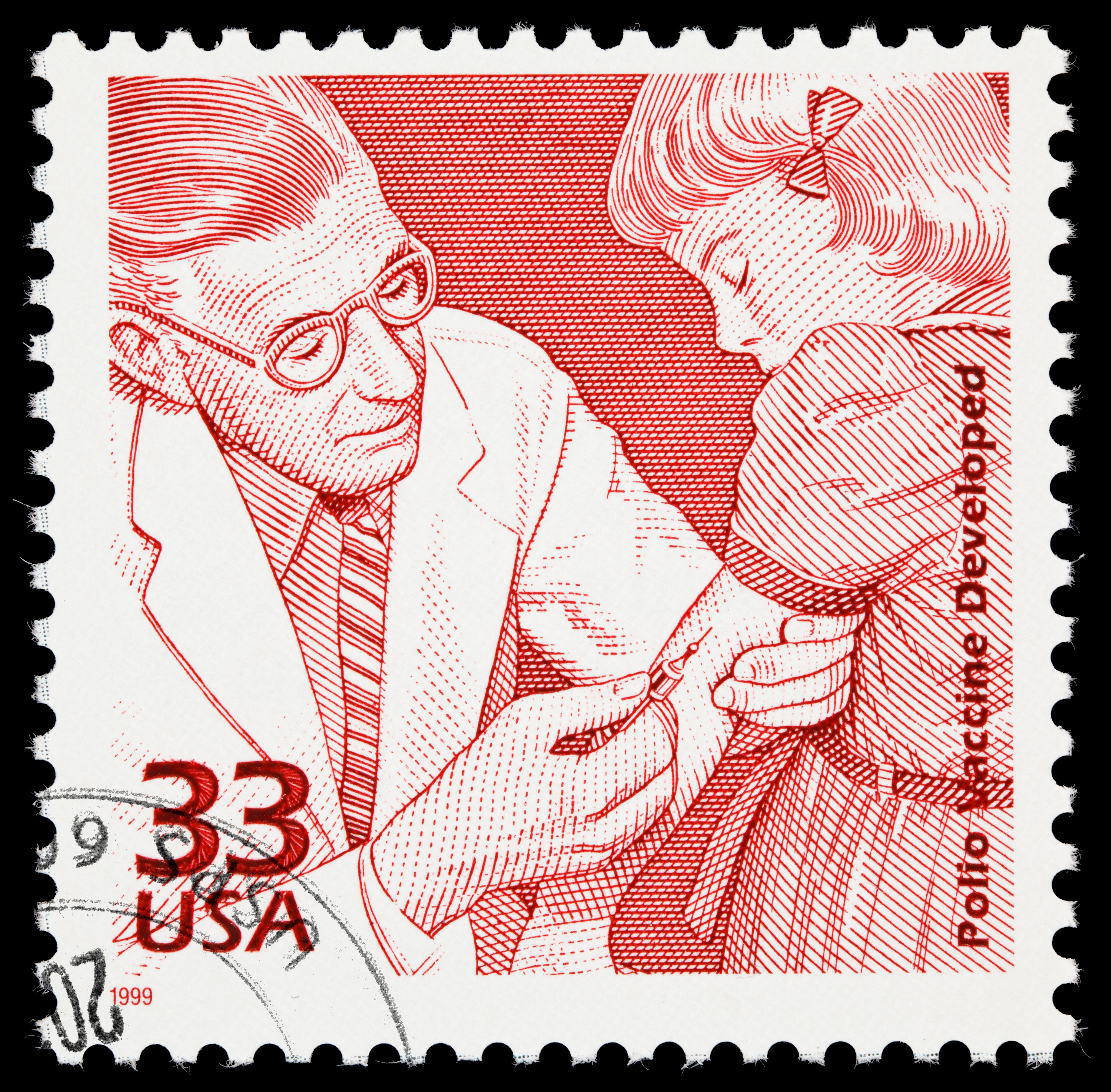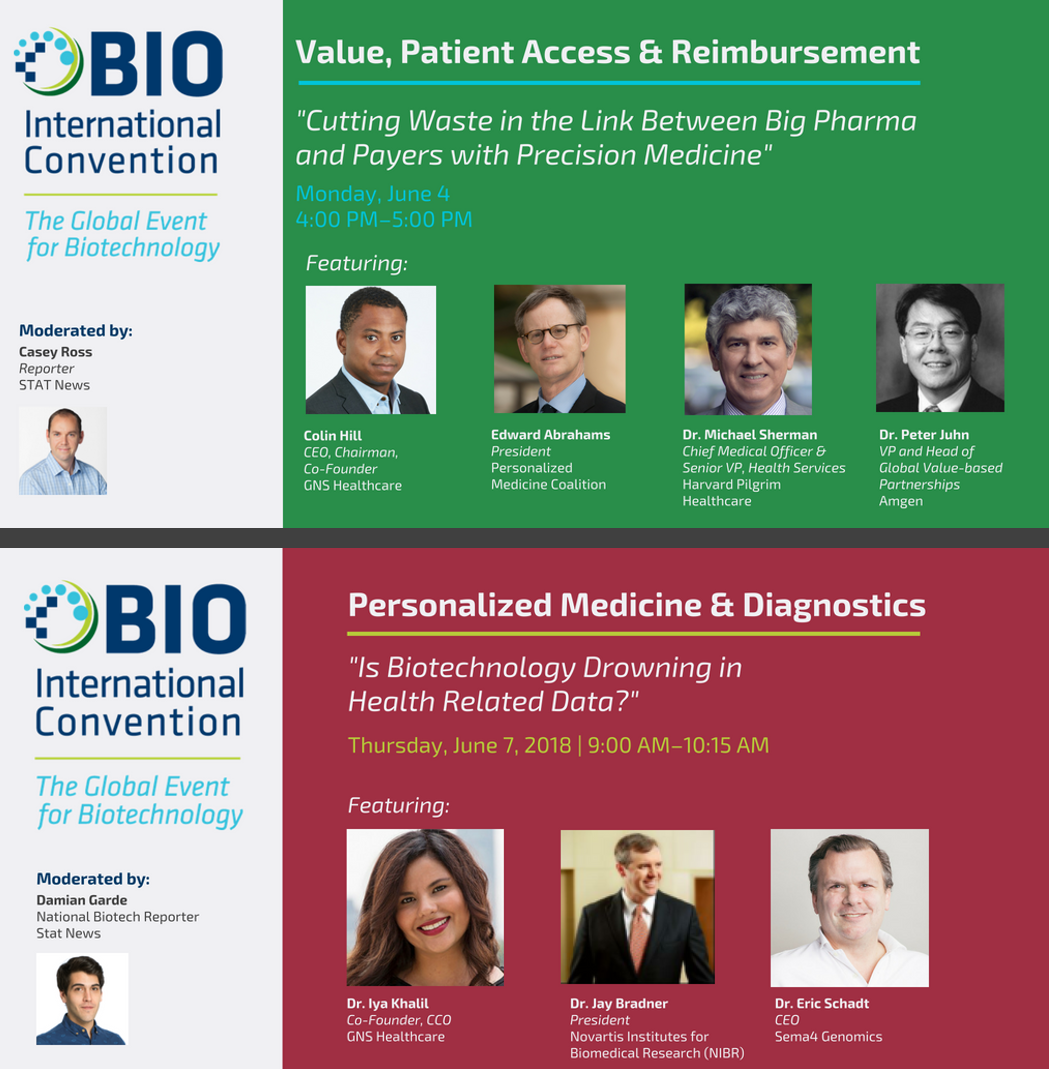Interest in applying artificial intelligence and machine learning to healthcare has reached a pinnacle. Every day there are a slew of new articles and reports discussing the various ways that algorithms can transform the industry and there are many interesting technologies being developed and deployed—from digital health technologies that aim to make care delivery more patient-centric to machines that use image recognition to identify tumors before the human eye can see them.
A big area of potential growth for the use of AI is in precision medicine— the ability to customize the treatment...
Judea Pearl is not happy.
One of the pioneers of Artificial Intelligence in the 1980’s, Pearl said in a recent interview in The Atlantic that the field of AI is stuck in a world of reasoning by association and probabilistic predictions. Pearl thinks too many people are deploying AI to overcome uncertainty – predicting what will happen next by association rather than leveraging the power of the technology to deal with cause and effect. He goes on to say that AI and machine learning need to move more aggressively to evaluate interventions and causal models to gain true value1.
Healthcare...
Healthcare and the practice of medicine has certainly come a long way since the founding of the United States in 1776. In honor of the 242nd birthday of the U.S., we thought it would be interesting to see how far we have come since our nation’s birthday. Check out some of the major medical milestones, contributions of American scientists and relish your luck in being born during the modern medical era.
Biopharma continues to look for ways to streamline the drug development process. With costs of bringing a drug to market now reaching $2.7 billion and the timeline stretching to nearly a decade, stakeholders across the healthcare continuum are clamoring for a faster, less expensive method.
The drug research and development process is well established and has remained largely unchanged over the past few decades and for good reason – it works. The methodology biopharma has followed has given the world many effective drugs which are both improving the quality of life for patient as well as...
The U.S. health systems ranks 37th out of 191 countries in overall efficiency according to a recent ranking by the World Health Organization. WHO’s calculation includes a variety of indicators including population health, responsiveness, and fairness in financing and financial risk protection1.
The U.S ranks 43rd in life expectancy (79.7 years) behind other developed nations like Japan (84.74), Canada (81.76) and Germany (80.57)2. The U. S. does rank first in one category – total health expenditures, with an average per capita cost of $10,384, nearly twice the comparable country average of...
Location matters, especially when it comes to tumors in colon cancer. The issue of “sidedness” – whether tumors are located on the right or left side of the intestine – and what impact that has on the progression of metastatic colorectal cancer (CRC) has been a topic of discussion in the clinical community for several years. A complete understanding of sidedness has not been well understood by researchers and clinicians. Is sidedness an independent driver, confounded by other factors, or a simply a surrogate for other determinants? By leveraging artificial intelligence (AI) and causal...
Four out of ten people with asthma don’t respond to their prescribed medicine. The same is true for half of arthritis sufferers. For cancer patients, the number is worse, with nearly eight out of ten patients failing to benefit from an FDA approved drug1.
What does this mean for healthcare? It means on average, half the treatments launched and prescribed in our three trillion dollar a year healthcare system are not effective for those they are intended to help. While these drugs have been rigorously developed, the fact is they simply don’t work for everybody.
And drugs are not the only...
“AI is your rocket ship and data is the fuel."
Michael Dell said this to customers and partners at his annual conference, but the message will be one of the key takeaways for the 16,000 attendees expected at the 2018 BIO International Convention to be held in Boston next week. More than 5,000 companies from 70 different countries will be represented at the gathering that brings together biotechnology and pharma leaders for a week of intensive networking to discover new opportunities and promising partnerships. Discussions cover a wide spectrum of life science and application areas including...
The efforts to generate and gather healthcare data have paid off. Approximately 61% of Americans are using wearable devices to track their health1, nearly 87% of doctors use electronic health record (EHR) systems in their offices2, and as of May 2018, there are more than 96 thousand clinical trial sites in the US generating clinical data3. These millions of data points mean that as much as 30% of the entire world’s stored data is generated in the healthcare industry4. Due to this abundance, we are on the precipice of making precision medicine a reality by better understanding disease and...
In the 1960s, physicists were trying to figure out what makes particles, such as atoms, electrons, and quarks, have mass. To answer this question, they examined existing known systems and developed complicated mathematical equations to explain and connect them, eventually coming up with something called the Higgs Field. Almost 40 years later, the Higgs Boson particle was proved to exist and is now an essential part of the particle physics model.




.png)




.jpg)

